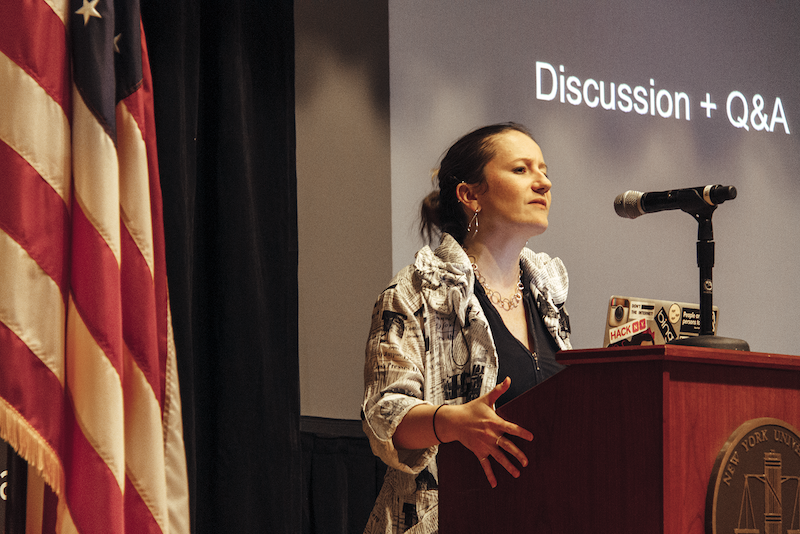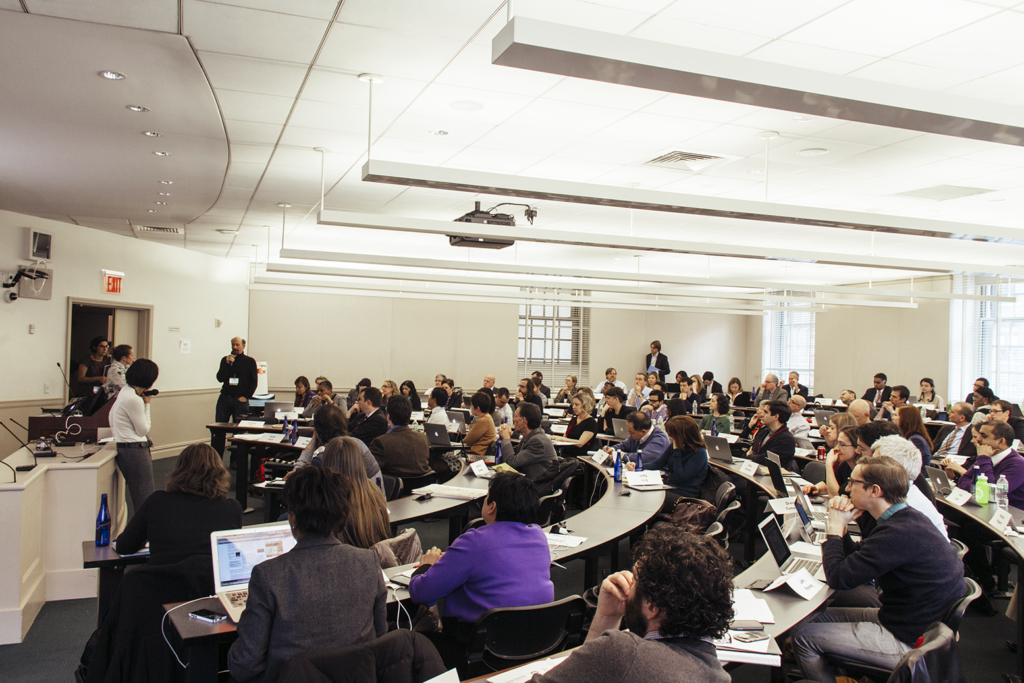The purpose of the event was to convene key stakeholders and thought leaders from across academia, government, industry, and civil society to examine the social, cultural, and ethical implications of “big data,” with an eye to both the challenges and opportunities presented by the phenomenon.
The event was one of three conferences that OSTP co-hosted with academic institutions across the country to examine key questions on the use of “big data” and the future of privacy. Other events included a conference organized by the Massachusetts Institute of Technology (MIT) Big Data Initiative at CSAIL, and the MIT Information Policy Project that focused on the technical aspects underpinning privacy (Advancing the State of the Art in Technology and Practice) and an event organized by the School of Information with the Berkeley Center for Law and Technology at University of California-Berkeley to explore the legal and policy issues raised by big data (Values and Governance). These were all part of efforts by the Obama Administration to review the implications of collecting, analyzing, and using massive or complex data sets for privacy, the economy, and public policy.
You can read a summary of the conference discussions here.
The discussions at our conference helped inform the White House’s report at the culmination of their 90-day review: Big Data: Seizing Opportunities, Preserving Values.



